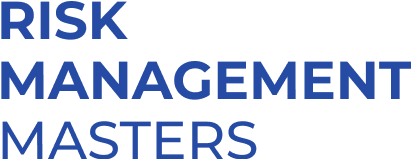The post Bitcoin Bloodbath: Price Falls Below $97,000 — Is the Death Cross Signaling More Downside? appeared first on…
The post SACHI × Microsoft Azure: Powering the Next Generation of Cloud Gaming appeared first on Coinpedia Fintech News…
The post Bitcoin & Ethereum See Heavy Outflows, Solana Climbs appeared first on Coinpedia Fintech News Bitcoin spot ETFs…
The post Pi Network Price Is Ready for a Major Breakout – Here’s Why appeared first on Coinpedia Fintech…
The post Early Investor in Dogecoin, Shiba Inu, and PEPE Coin Shares 4 Reasons Little Pepe (LILPEPE) is the…
Global politics and business developments took center stage today, with Donald Trump courting Wall Street heavyweights at a private…
The Dow Jones Industrial Average rose to fresh heights on Wednesday, extending its winning streak as optimism built around…
In a day marked by significant policy and corporate developments, Washington and Wall Street were abuzz with activity on…
The longest government shutdown in US history finally ended Wednesday night, with President Donald Trump signing a bill to…
